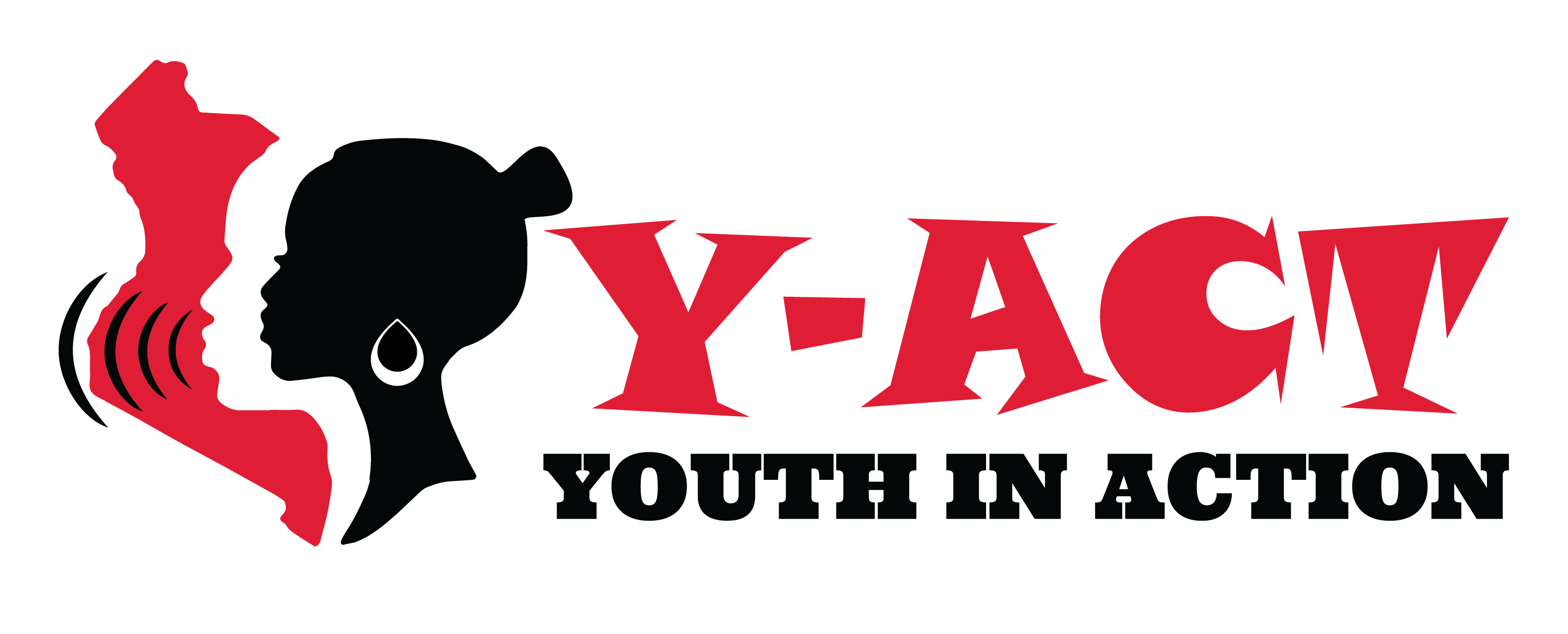Women rights activists come in all shapes and forms, and Nassim Jahangir is making her mark in the global trajectory towards gender equality. Her quest to dignify menstruation for women and girls in Kilifi County is not only founded on the fact that it is a better health investment and a human rights cause. She also believes that everyone has the right, individually and in association with others, to promote and strive for the protection and realisation of human rights and fundamental freedoms at all levels.
Nassim Jahangir is a clinician working with the Kilifi County Department of Health as the Sub-county AIDS and STI Program Coordinator for Kilifi South. She is the founder and CEO of Connect to Retain, a youth-led community-based organisation working with young people in Kilifi and Kwale counties. A fiery youth advocate and women’s rights activist, it is no surprise that her advocacy efforts have seen her receive several awards, including the Top 35 under 35 youth of the year award in the Health category, and the Mandela Washington Fellow (2015) and the MWAPE Peer awards in New York.
Ms. Jahangir notes that perhaps the greatest challenge she has faced in her MHM advocacy work, has been the emergence of the COVID-19 pandemic which has greatly hampered strides towards achieving gender equality. MHM efforts within Kilifi county, for instance, have been disrupted, with mass sanitary pad drive campaigns being halted due to containment measures. Governments and Funders have had to reduce financial support towards acquiring menstrual hygiene products due to economic constraints. Loss of livelihoods resulting from COVID-19 containment measures have also exacerbated difficulties in access to these products for many young women and girls who cannot afford them. In light of these challenges, Nassim and other youth advocates continue to work diligently with the County government to advance menstrual hygiene management within the county.
In turn, rigorous efforts by Nassim, the Y-ACT Kilifi coalition, and county government officials have made tremendous progress. Most notable among them has been the development of the Kilifi County MHM policy under the leadership of the Departments of Health and the Gender. Having reviewed the Kenya MHM Policy, these stakeholders identified the priority actions, activities and policy sections for domestication at the county level. Nassim asserts that the definition, development and reorienting of the policy was based on a comprehensive and critical analysis of the status, trends and situational analysis largely accrued from action research, anecdotal evidence and review of various County documents. The draft policy is awaiting endowment by the county assembly and cabinet; an incredible policy win for Nassim and all the women and girls in Kilifi county.
Nassim believes that given the multiple challenges women and adolescent girls face, it is evident that promoting MHM is not only a sanitation matter; but an important step towards safeguarding dignity, bodily integrity and overall life opportunities of women and girls in line with its overall commitment to promote gender equality. Menstruation is a critical indicator of female health and vitality, and a healthy menstrual cycle indicates overall health and well-being. Improved MHM will help break the silence around the biological phenomenon of menstruation to enable Kilifi County’s girls and women to access information, make informed choices and fully achieve their human rights.
As we commemorate Women’s Equality Day, we are honoured to celebrate Nassim Jahangir, a true women’s rights activist leading with grace and purpose. We are excited to cheer her on as she continues to champion MHM for women and girls in Kilifi County in the collective effort towards gender equality.
Written by Beatrice Nyamwenge Okech & Nassim Jahangir
